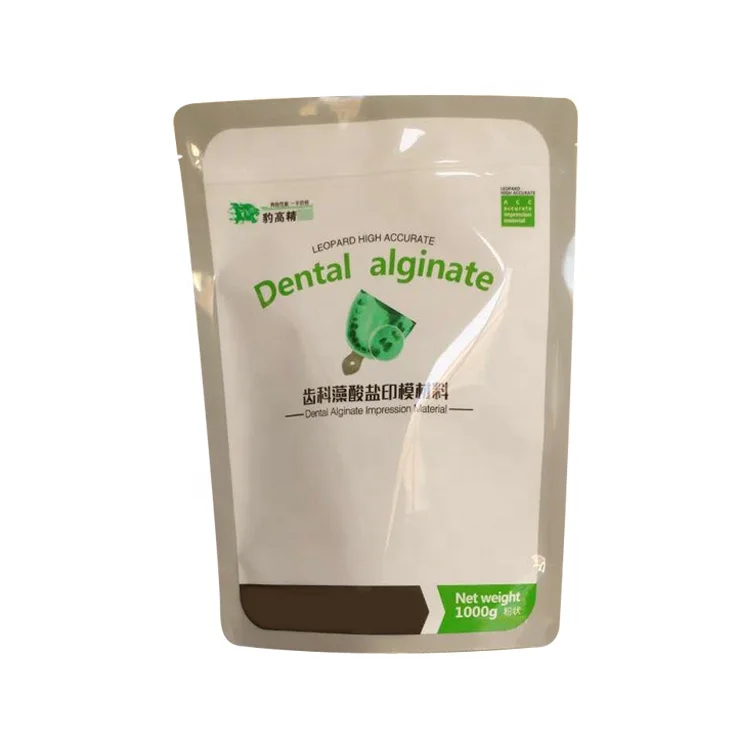

One of the key advantages of incorporating hydrocolloid into AvueAlgin dental alginate is its superior dimensional stability. This results in highly accurate impressions that aid in precise diagnosis, treatment planning, and the creation of prosthetic restorations Hydrocolloid technology enhances the flow and elasticity of the material, allowing it to capture even the finest details of dental anatomy. Superior Accuracy and Detail Replication:Īvue Algin dental alginate impression material, enriched with hydrocolloid, is engineered to deliver unparalleled accuracy and detail replication.

#ALGINATE IMPRESSION MATERIAL DENTAL FREE#
1 No.AvueAlgin is a Non Chromatic, Dust Free Hydrocolloid Alginate Impression material by Dental Avenue. International Journal of Dental Materials: Vol. 3 (2020): August-September 2020Ĭasting alloys: the saga of their existence and the recipe of their blend 4 (2020): November-DecemberĮvaluation of the antimicrobial activity of heat-cure denture base resin materials incorporated with silver nanoparticlesĪ bibliometric analysis of the 100 most-cited articles in dental materials journals 2 (2020): April-May 2020Įffect of silver nanoparticles incorporation on microhardness of Heat-cure denture base resins Surface modifications of dental implants: An overview 1 (2019): April-May 2019Īn overview of advances in glass ionomer cements

1 (2020): January-February 2020ĭisinfection of impression materials: A comprehensive review of disinfection methods Mineral Trioxide Aggregate: an overview of composition, properties and clinical applications This article reviewed various recent advances in the alginate impression materials and their performance. Several modifications were made in the composition of conventional alginates to address their shortcomings. Besides, alginates do not adhere to non-perforated trays, low viscosity resulting in gag reflex in some patients, and the inability to identify the correct consistency to load. Further, they are highly dimensionally unstable due to syneresis & imbibition. Alginates contain low-density fine filler particles, which may arise in the form of dust and inhalation these dust particles may cause respiratory problems. Though alginate is the most commonly used impression material, it has some inherent disadvantages. Alginates possesses numerous vital properties such as hydrophilicity, ability to record finer details, elastic recovery and inexpensive makes this material widely used in dentistry. The applications of alginates include making impressions of edentulous and partially edentulous arches, duplication of casts, and for making study models. Alginate is an elastic irreversible hydrocolloid which has various applications in dentistry.


 0 kommentar(er)
0 kommentar(er)
